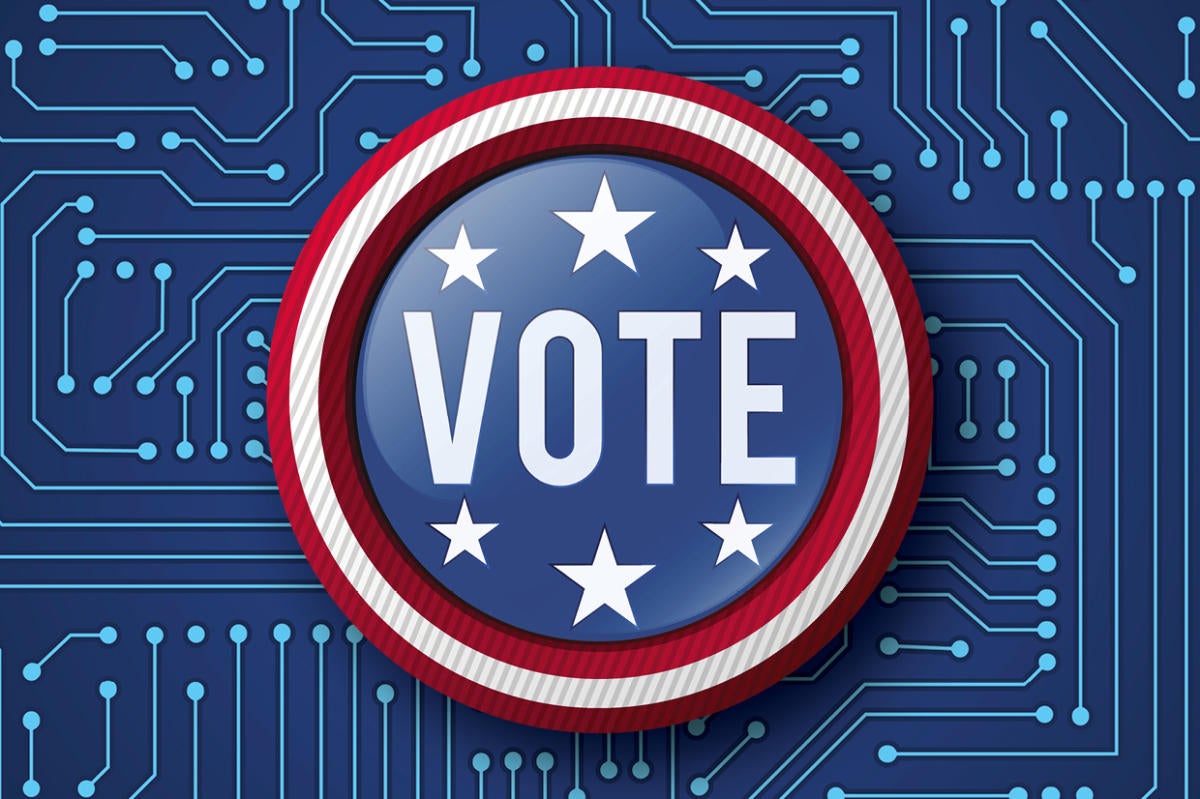Back in college I did computer consulting for political consulting firms in the Washington D.C. area. Working on both sides of the political spectrum, I set up CP/M-based PCs (dating myself) on these new things called local area networks. The idea was to provide basic campaign processes, such as direct mail and phone list management, to support state, local, and federal campaigns. Pretty simple.
Fast forward to 2020. The systems in campaign offices are 10,000 times more sophisticated, typically with data moved out to public cloud providers, and advanced data science maximizing the effectiveness of known data for campaigns. The most valuable person in a modern campaign is no longer the campaign manager, but those charged with leveraging the data to effectively target campaign resources. Those who do this best will likely win.
We see a few things emerging. First, the accepted use of public cloud computing as a place where data can be housed cheaply, including unstructured and distributed data. Second, data science tools such as analytics and statistical tools that are in their fifth or sixth generation. Finally, new to a few, the use of AI technology to learn from data patterns—that could be the game changer in 2020 races.
So, where does the voter magic occur with the data? It’s really around targeting voters who are likely undecided—even if they don’t know they are undecided—through patterns such as which websites they visit or social media posts they engage. Then placing influential stimulus such as targeted ads, social media experiences, highlighted news items, or anything that will push a voter in one direction, and doing this in well-timed, purposeful ways down to a single voter.
Campaigns are not enterprises. They are larger ad-hoc organizations that come together for a year or two and shrink until the next election. They have the advantage of starting anew for the most part, using best-of-breed technology and lacking legacy technology lock-in.
What strikes me as odd is that enterprises, unlike political campaigns, are largely unable to take advantage of data as a force multiplier to be more effective with sales, logistics, inventory management, and predicting emerging market trends. In short, they have the data but lack the ability to make assertions from the data, much less act on those assertions to improve the business.
My point is that enterprises should learn from the success or failure of next year's campaigns, adopting some of the same use cases and technology. Perhaps even hire some of those cloud-aware data scientists who are able to bring in the win for a candidate as well as for an enterprise. Food for thought.






